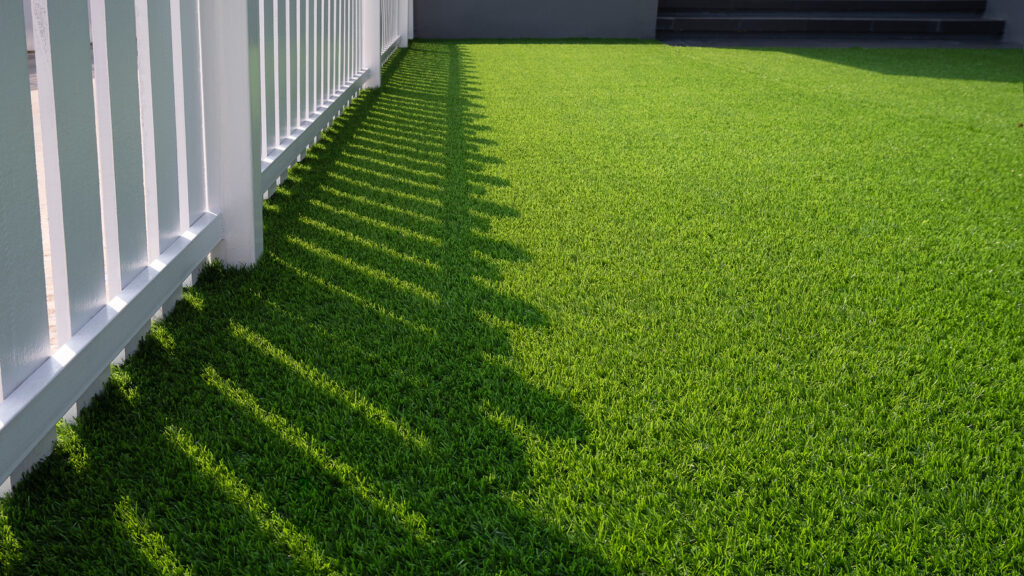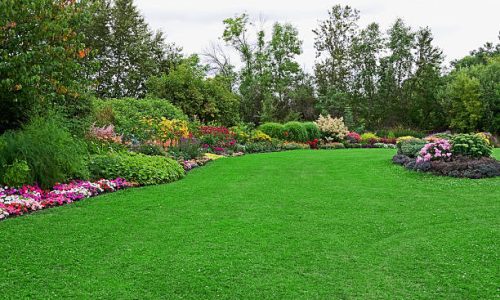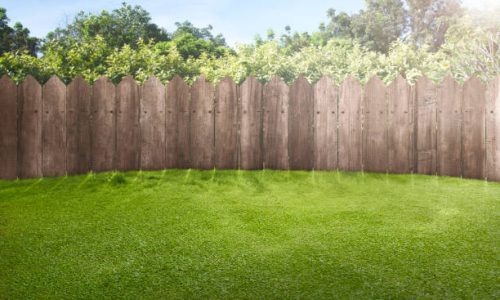
Bermuda grass, Cultivating renowned for its resilience and adaptability, has earned its place as a preferred choice for homeowners seeking a low-maintenance yet visually appealing lawn. This warm-season grass thrives in hot, sunny climates and offers exceptional drought tolerance.
In this comprehensive guide, we will explore the key aspects of Bermuda grass cultivation, from selecting the right variety to overcoming common challenges.
Bermuda grass, scientifically known as Cynodon dactylon, is a perennial grass prized for its dense, fine-textured appearance. It possesses several desirable characteristics that make it a popular choice for Cultivating lawns:
To cultivate a thriving Bermuda grass lawn, consider the following factors:
Several methods can be used to establish a Bermuda grass lawn:


Proper care is essential for maintaining a healthy and vibrant Bermuda grass lawn:
Despite its resilience, Bermuda grass can encounter challenges. Some common issues include:
